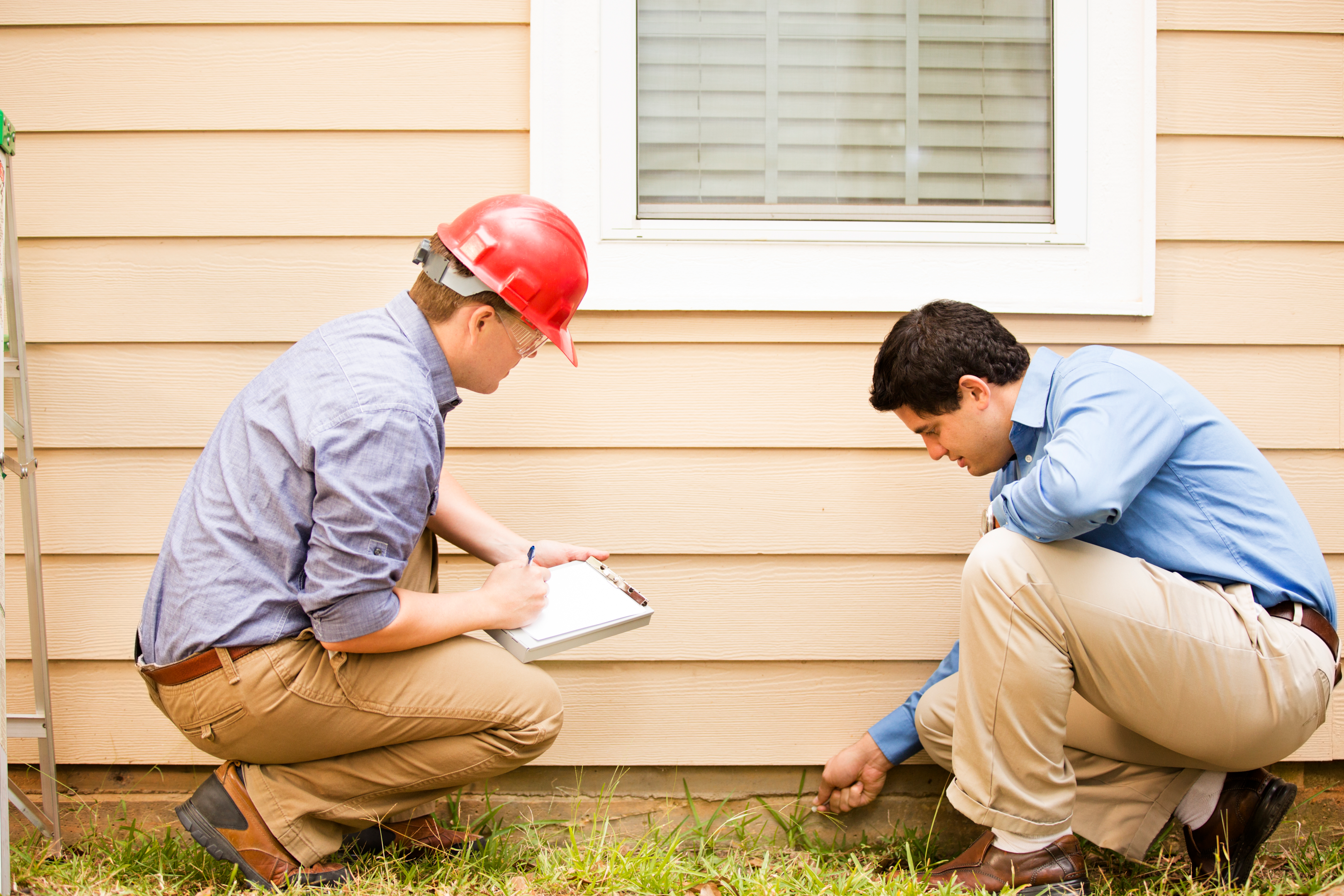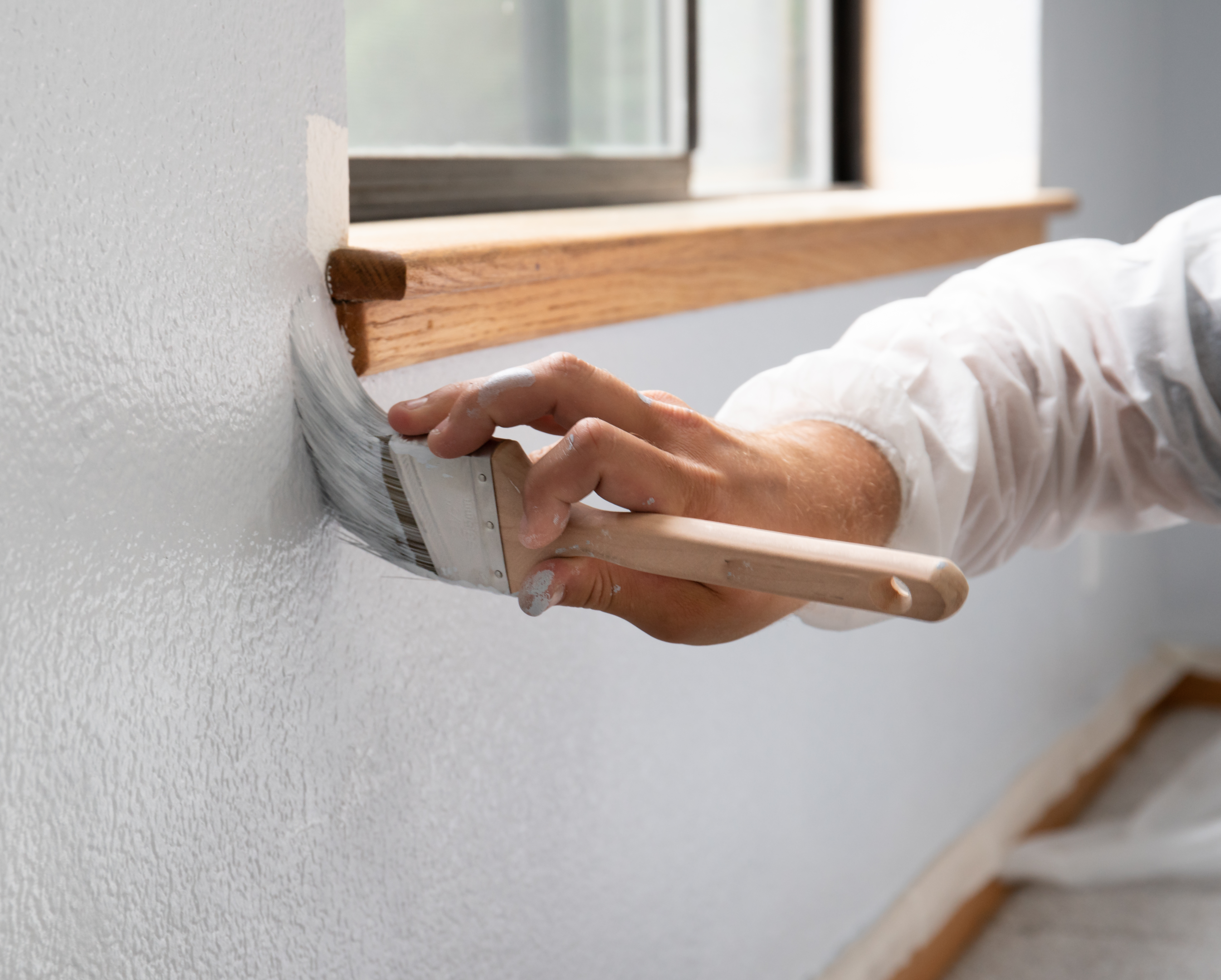
Buying or selling a home can be a stressful and complicated process. One of the most important steps in this process is the home inspection. A home inspection is a comprehensive evaluation of the home’s condition, including its structural integrity, electrical, plumbing, and HVAC systems, among others. However, before a buyer schedules an inspection, sellers can choose to have a pre-inspection done. A pre-inspection is a valuable tool that can help identify any issues with the home before putting it on the market. In this article, we’ll discuss a home inspector checklist and inspection tips for sellers to help prepare for a home inspection.

“A pre-listing inspection, where the seller gets a home inspection prior to listing their home on the market, can significantly help them maximize the home sale as it provides transparency about the home’s condition to potential buyers,” recommends Josh Rogers, an experienced WIN Home Inspection Training Specialist and former WIN home inspector.
“This builds trust with buyers, helping the seller avoid prolonged negotiations and sell the home faster. Moreover, the pre-listing inspection report can help sellers identify key issues that, when addressed before listing the home, can increase the home’s value.”
A pre-inspection can benefit the seller in several ways.
Home inspectors typically check the following areas:

Home inspections can vary based on location, as different regions may have unique building codes, climate conditions, and potential hazards. For example, in coastal areas like Virginia Beach, inspectors may pay closer attention to issues like flooding or damage from hurricanes or saltwater corrosion on their home inspection report. In Dallas, TX, inspectors may focus more on HVAC systems and electrical issues due to the hot climate. In Rochester, NY, inspectors may look for signs of damage from heavy snow and ice or issues with heating systems.
Ultimately, the specific items inspected may vary depending on the region and the individual inspector’s expertise and approach. An inspector’s job is to do their best to examine your home for any signs of defect.
 need to be reorganized" />
need to be reorganized" />
“One important tip for maximizing your home sale is to have the house prepared for inspection ahead of time by addressing any issues before listing,” suggests USA Home Inspections. “ This includes fixing any leaks, ensuring proper ventilation, making sure windows and doors open properly, and ensuring that all appliances and systems are functioning properly. Additionally, it’s important to understand the USA home inspection process and to be prepared to negotiate any necessary repairs with potential buyers.”
Preparing for a home inspection can seem daunting, but with the right checklist and preparation, you can ensure that your home is in top condition for the inspector. Here are some essential items to include in your home inspection checklist for sellers:

It’s essential to be transparent about any known issues that may arise during your pre-inspection. If you come across a problem that can’t be easily fixed, it’s crucial to notify a potential buyer. Failing to disclose known flaws can leave buyers feeling like you’re being dishonest or trying to hide something. While it’s always preferable to correct problems before an inspection, it’s not always possible or financially feasible.
In such cases, offering a credit at closing can be a viable alternative. This allows buyers to make the necessary updates themselves without placing an additional burden on the seller. By being upfront about known issues, you can help build trust with potential buyers and avoid any conflicts down the line.
If you’re selling your home, a pre-inspection is a great way to identify and remedy any issues before the buyer’s inspector arrives, or they may waive one altogether since you’ve already had one done. However, there are other options that sellers can consider besides a pre-inspection. One alternative is to conduct your own inspection using a checklist similar to the one provided. This will allow you to identify and address any issues beforehand, giving you more control over the process.
Ultimately, it’s up to the seller to decide which option is best for their situation. However, by being proactive and addressing any issues ahead of time, you can increase your chances of a successful sale and potentially save yourself from unexpected repairs or negotiations down the line.
Have you checked off everything on your seller home inspection checklist? After assessing your own home, you may find some issues that need to be addressed before listing. It’s crucial to focus on areas related to code violations, safety issues, or structural problems. Addressing these issues before a professional inspection can help prevent any potential sale delays or issues.
However, if you come across significant issues such as foundation problems or wood rot from termites, selling your home “as-is” may be a better option. By working with an off-market buyer, you can receive a competitive offer that takes into account renovation costs, allowing you to sell your home without making extensive repairs. This can be a practical solution for sellers who want to avoid the time and expense of fixing significant issues before listing.
Josh Rogers, WIN Home Inspection Training Specialist, has provided answers to the ten frequently asked questions about home inspections below:
“Water leaks, as well as health and safety concerns including electrical and deferred maintenance issues, are among the most commonly found issues in homes because these issues are hidden in areas of the home that homeowners don’t often see, like the attic and crawlspace. Also, a lack of maintenance on important systems, such as your HVAC unit, can pose serious issues and significant costs in repairs. Sellers can maximize their home value if they keep these systems maintained regularly and disclose any maintenance or repairs to interested buyers.”
“Have your HVAC units evaluated and serviced, gather any permits or warranty information for various aspects of the home including the appliances, roof, and windows, if applicable. Home sellers can help ensure that the home inspection runs smoothly and seamlessly by making the electrical panel, water heater, crawlspace, attic, and basement accessible and securing any pets in the home.”
“The average home inspection costs $400-$450, but that price can vary depending on the age, location, and type of foundation of the home.”
“A typical home inspection can take anywhere from two to four hours, depending on the size and condition of the home. Other factors to take into consideration include if any additional buildings on the property, such as a detached garage, guest house, or shed, need to be inspected and if critical areas of the home, like the water heater, electrical panel, attic, and crawlspace, are easily accessible.”
“It’s important for sellers to know that even well-maintained homes can have issues. While we hope that’s not the case, the health and safety of our clients is our top priority, so we will always put that first. Getting a Pre-Listing Inspection is the best way to be made aware of any issues that could come up while under contract, and getting ahead of those issues now can help the seller undergo a smooth and seamless home sale.”
“It’s very important for sellers to disclose any known issues with the home to the buyer before the home inspection. If any major, or minor, issues arise as a result of the home inspection, it could make the buyer nervous and potentially not follow through with the home purchase. Making issues known upfront builds trust with buyers and helps to streamline the transaction.”
“What’s most attractive to buyers when buying a home is not spending additional money on making updates or repairs themselves. Buyers are typically willing to pay more for a home if it is turnkey. Painting and updating light fixtures are simple and cost-effective ways to make the home more visually appealing to buyers. Sellers should also consider conducting maintenance or replacing systems or appliances to provide peace of mind to buyers and help reduce their costs after they purchase the home.”
“Having expensive home items, such as the roof, HVAC unit, and major appliances, being in disrepair can be detrimental to a home deal because these items are going to be a costly repair for the buyer to address after they purchase the home, and many don’t want to take on that burden.”
“Look for a licensed (if applicable) home inspector who goes above and beyond for their clients. This includes but is certainly not limited to being certified through nationally trusted home inspector organizations like InterNACHI and ASHI, offering value-added services to clients like Infrared Scanning and Sewer Scope Inspections, and providing exceptional customer service. Make sure they are insured and always read reviews when interested in using a particular home inspector.”
If you are represented by an agent, this is not a solicitation of your business. This article is for informational purposes only, and is not a substitute for professional advice from a medical provider, licensed attorney, financial advisor, or tax professional. Consumers should independently verify any agency or service mentioned will meet their needs. Learn more about our Editorial Guidelines here.

Holly is part of the content marketing team and enjoys writing about home improvement and lifestyle. Her dream home would incorporate both an industrial and biophilic design.